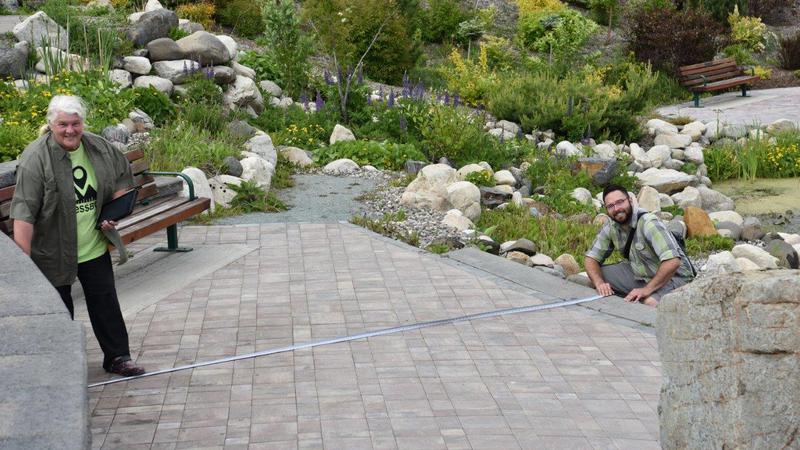
UNBC Professors participate in collaborative effort to make B.C.’s outdoors more accessible
PRINCE GEORGE—Several UNBC professors have been working to make outdoor spaces across the province more accessible to British Columbians.
The research is being supported with a $24,000 Social Sciences and Humanities Research Council Partnership Engage grant. The professors, Drs. Mark Groulx, Shannon Freeman and Pamela Wright have been working collaboratively with Spinal Cord Injury BC’s Access BC team to create more barrier free destinations in the province.
